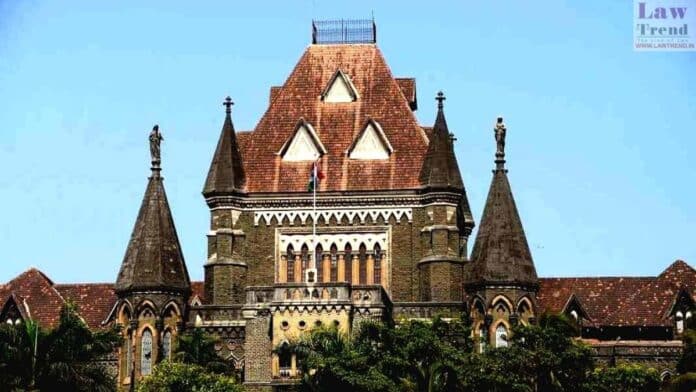The Bombay High Court has directed three nationalised banks—Punjab National Bank, Indian Bank, and Union Bank of India—to collectively pay ₹386 crore to the Board of Control for Cricket in India (BCCI), in connection with the board’s 2011 media rights agreement with the now-defunct Nimbus Communications.
Justice Manish Pitale, presiding over a single-judge bench, passed the order in a suit filed by the BCCI seeking recovery of amounts under bank guarantees executed by Nimbus in favour of the board. The banks had refused to release the funds, prompting legal action.
According to the court’s order, Punjab National Bank and Union Bank of India are each required to pay 37.5% of the total sum, while Indian Bank has been directed to pay the remaining 25%. Additionally, all three banks must pay ₹25 lakh each towards BCCI’s litigation expenses.
The dispute stems from a 2009 Media Rights Licence Agreement (MRLA) under which the BCCI granted Nimbus Communications exclusive broadcasting rights for cricket matches in India between April 2010 and March 2014, for a consideration of ₹2,000 crore. As per the agreement, Nimbus was required to furnish bank guarantees amounting to the full contract value.
While some guarantees were honoured in the initial stages, Nimbus defaulted on subsequent payments, leading the BCCI to terminate the agreement in December 2011. Following termination, the BCCI sought encashment of remaining bank guarantees worth ₹1,600 crore, which the banks declined, citing invalidity post-termination of the contract.
The BCCI argued that the guarantees were unconditional and payable on demand, irrespective of the underlying contractual disputes. The banks, however, contended that they were entitled to raise objections linked to the contract’s termination.
Justice Pitale rejected the banks’ stance, referring to the explicit wording of the bank guarantees. “These words clearly indicate that the defendant banks unconditionally agreed to honour their commitment and to make payment in terms of the bank guarantees to the plaintiff (BCCI), upon invocation of the same,” the judge stated.




